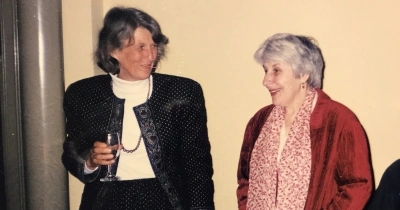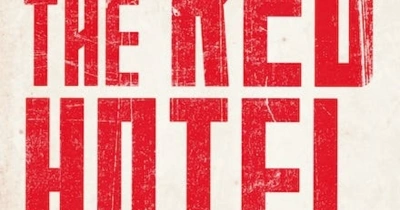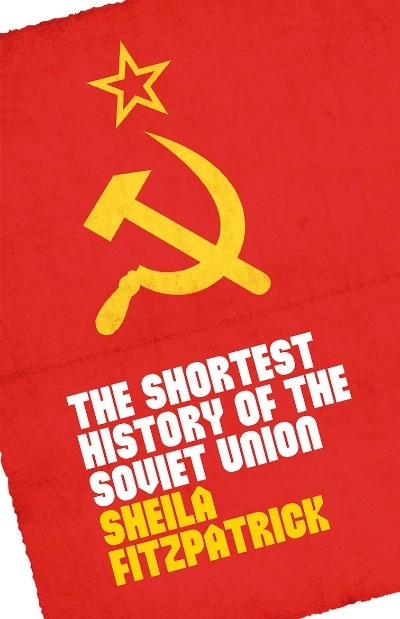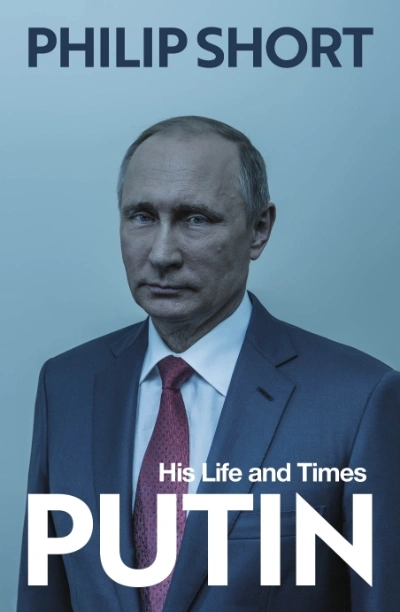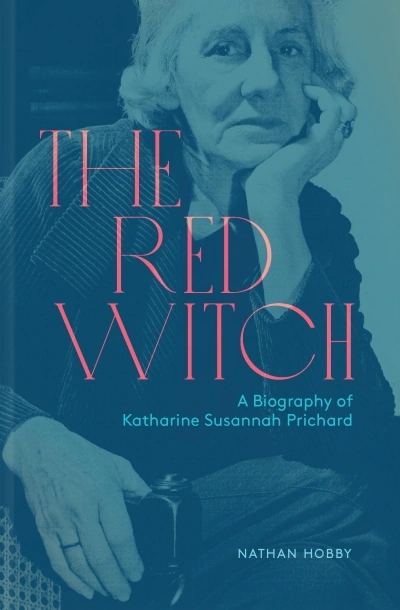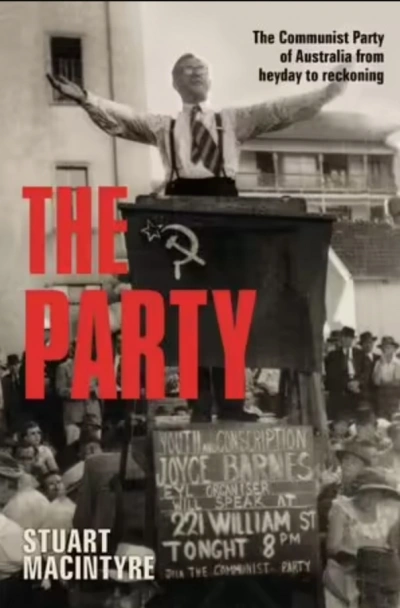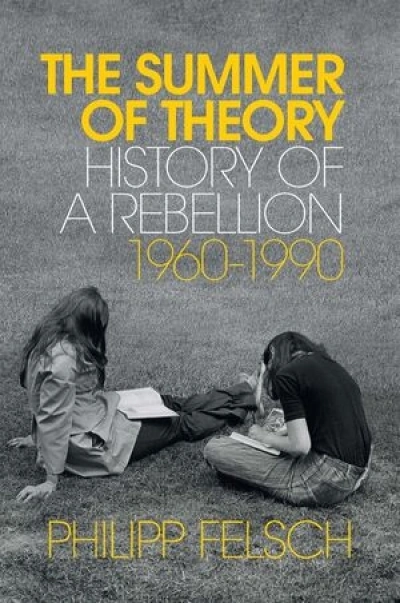Sheila Fitzpatrick
When I think of Peter Rose’s legacy and his immense contributions to Australian letters as Editor of Australian Book Review, there are manifold achievements I might highlight. Peter has wholly transformed the magazine’s ambitions and horizons over his tenure, elevating ABR into an indispensable, world-class publication offering outstanding commentary, criticism, creative work, and coverage of the performing arts. He has shaped the national conversation in infinite ways, offering our best minds scope to debate the pressing issues of our times in complex, nuanced exchanges that are vanishingly rare elsewhere. He has served as a distinguished and tireless public advocate for the value of criticism, the arts, and the humanities, and has done so much to advocate for writers and writing, building prizes, fellowships, and other initiatives that continue to create vital opportunities and recognition for writers today. More quietly but no less diligently, he has also worked tirelessly to protect and preserve ABR as a jewel of Australian literature for generations to come.
... (read more)Freedom: Memoirs 1954-2021 by Angela Merkel with Beate Baumann translated from the German by Alice Tetley-Paul et al.
Back in the 1970s, when I went up to Katerina Clark’s place in Connecticut for the weekend, I was always a bit on my guard. Katerina was a wonderful and generous friend, but inquisitive. Being young, I had things in my personal life I wanted to hide. A silent tussle went on between us as she did her best to ferret them out (probably knowing from her other sources more or less what they were) and I stone-walled.
... (read more)

